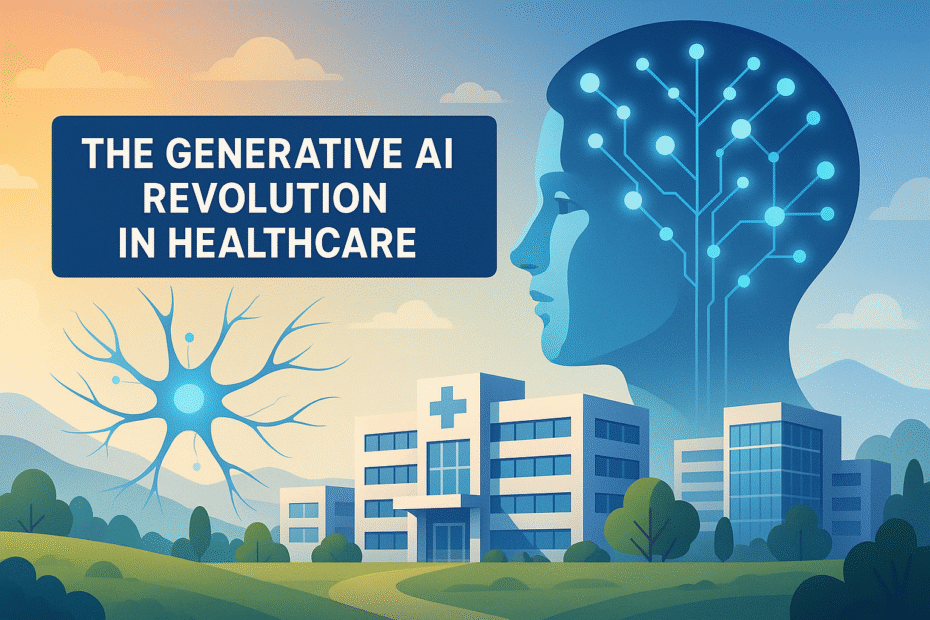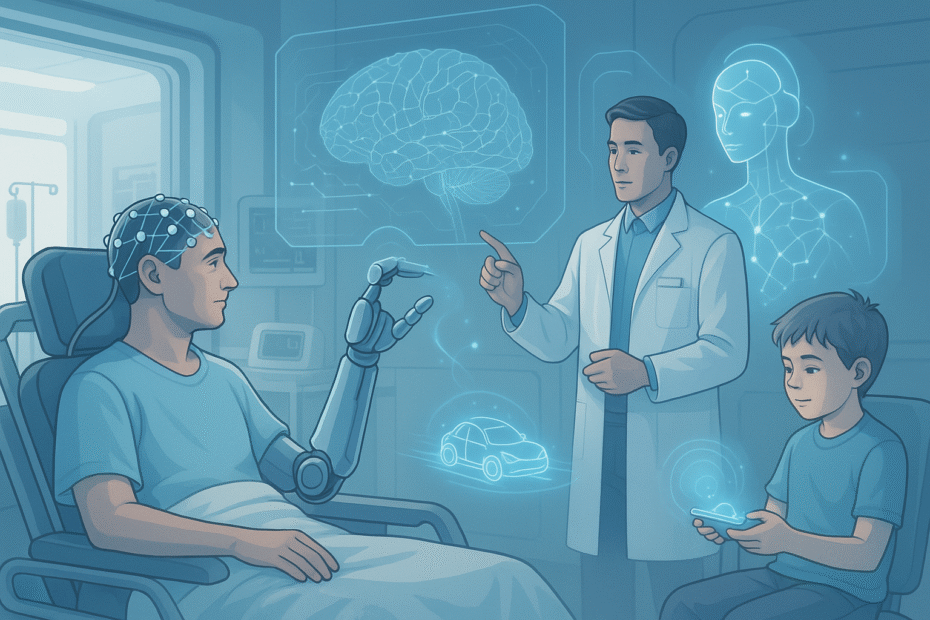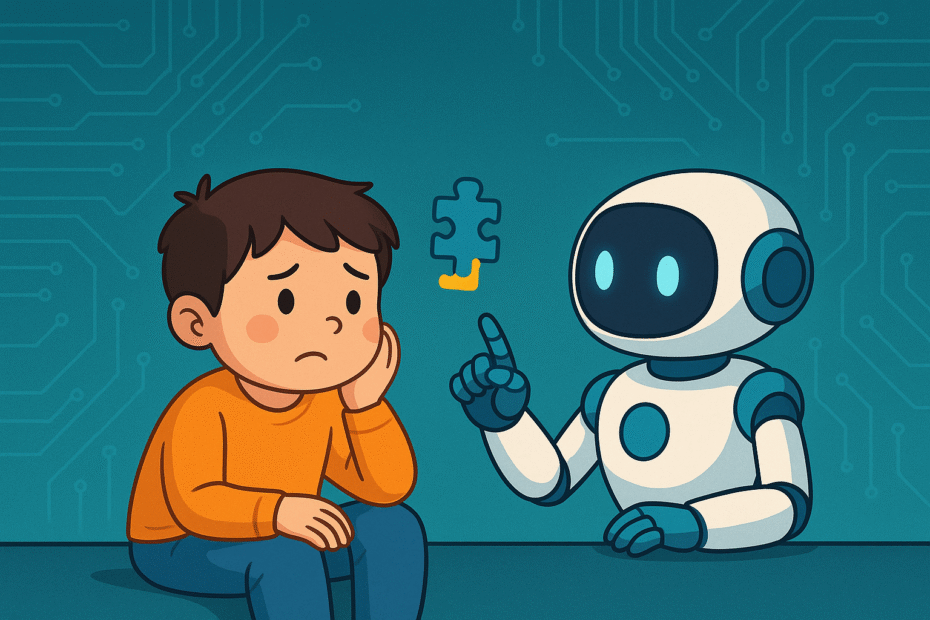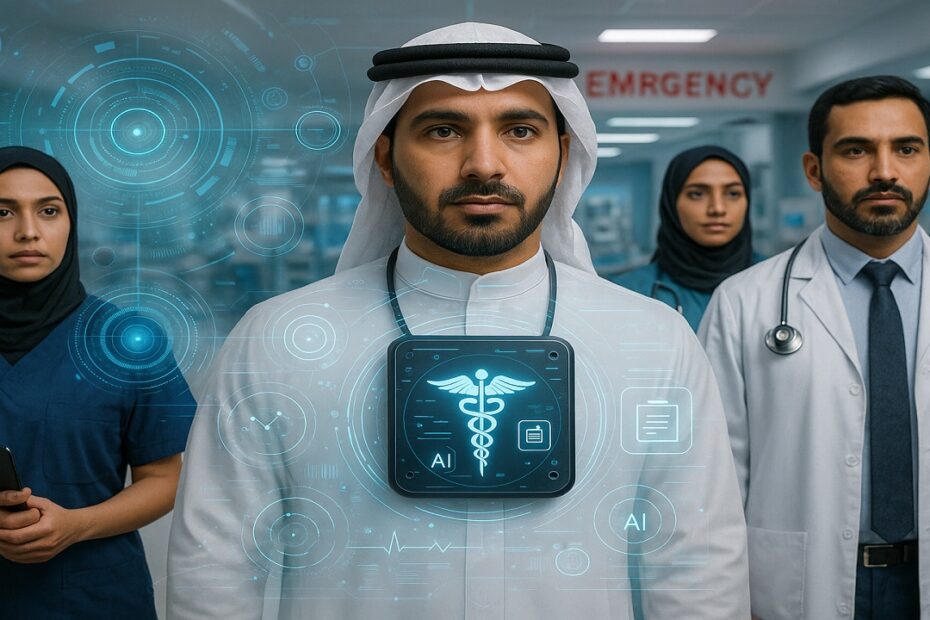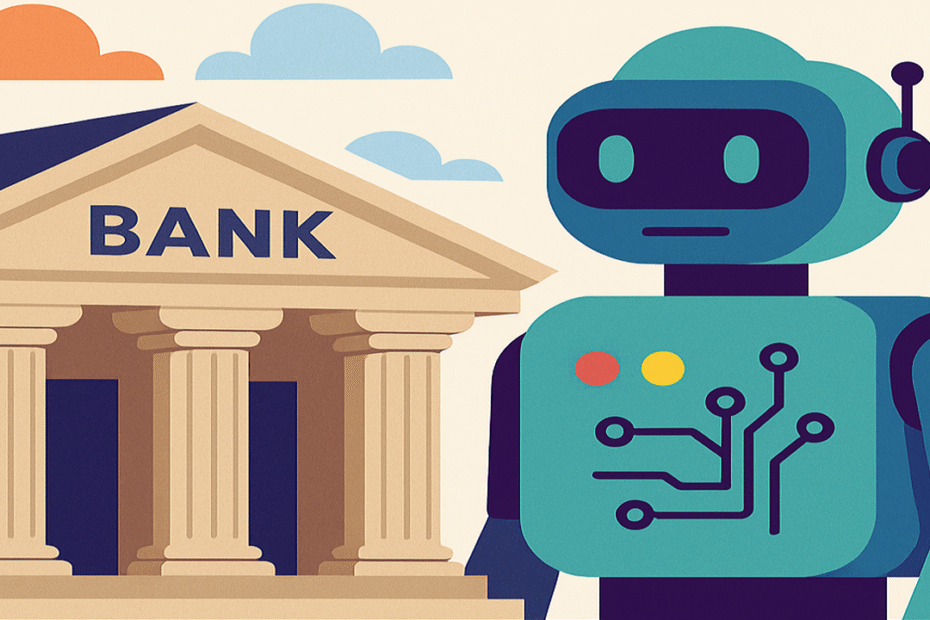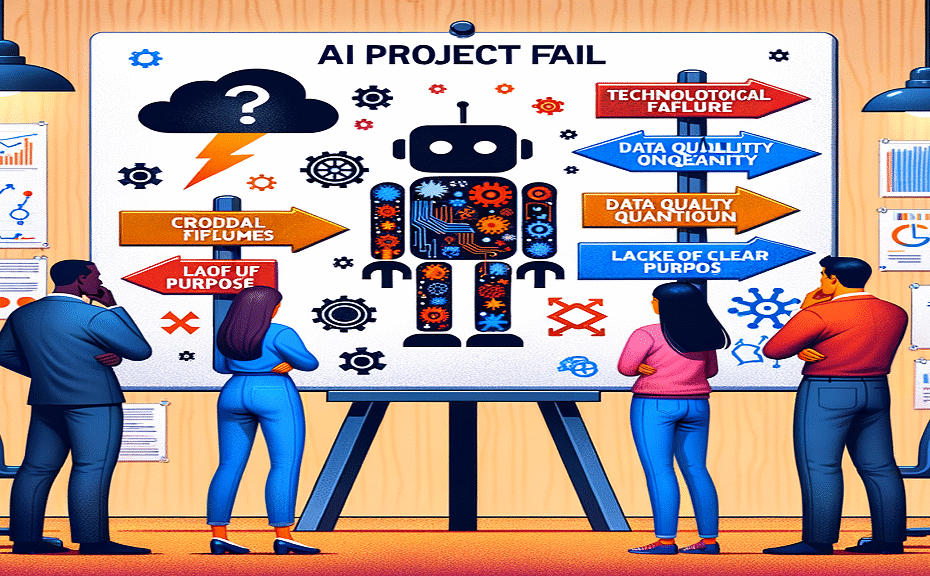The GenAI Revolution in Healthcare
The healthcare industry is experiencing a paradigm shift with the emergence of generative AI technologies. From analyzing clinical notes to interpreting medical images, these sophisticated models are not just augmenting the capabilities of healthcare professionals, they are fundamentally changing how we approach diagnosis, treatment, and medical research.
